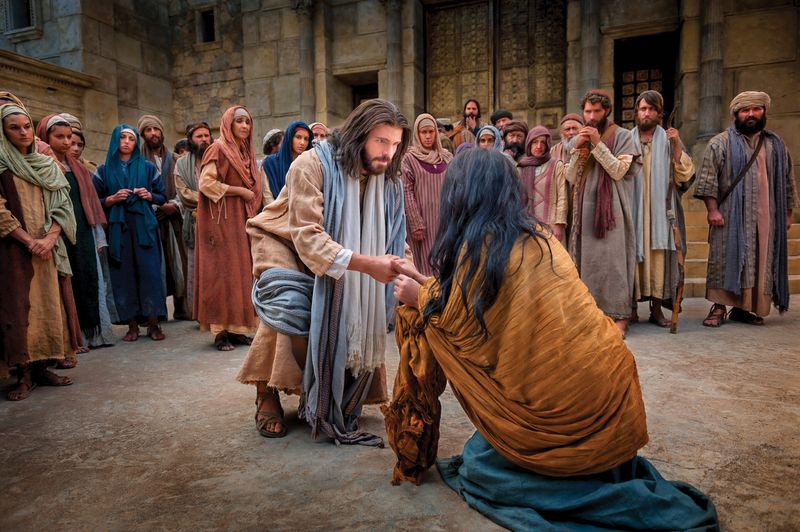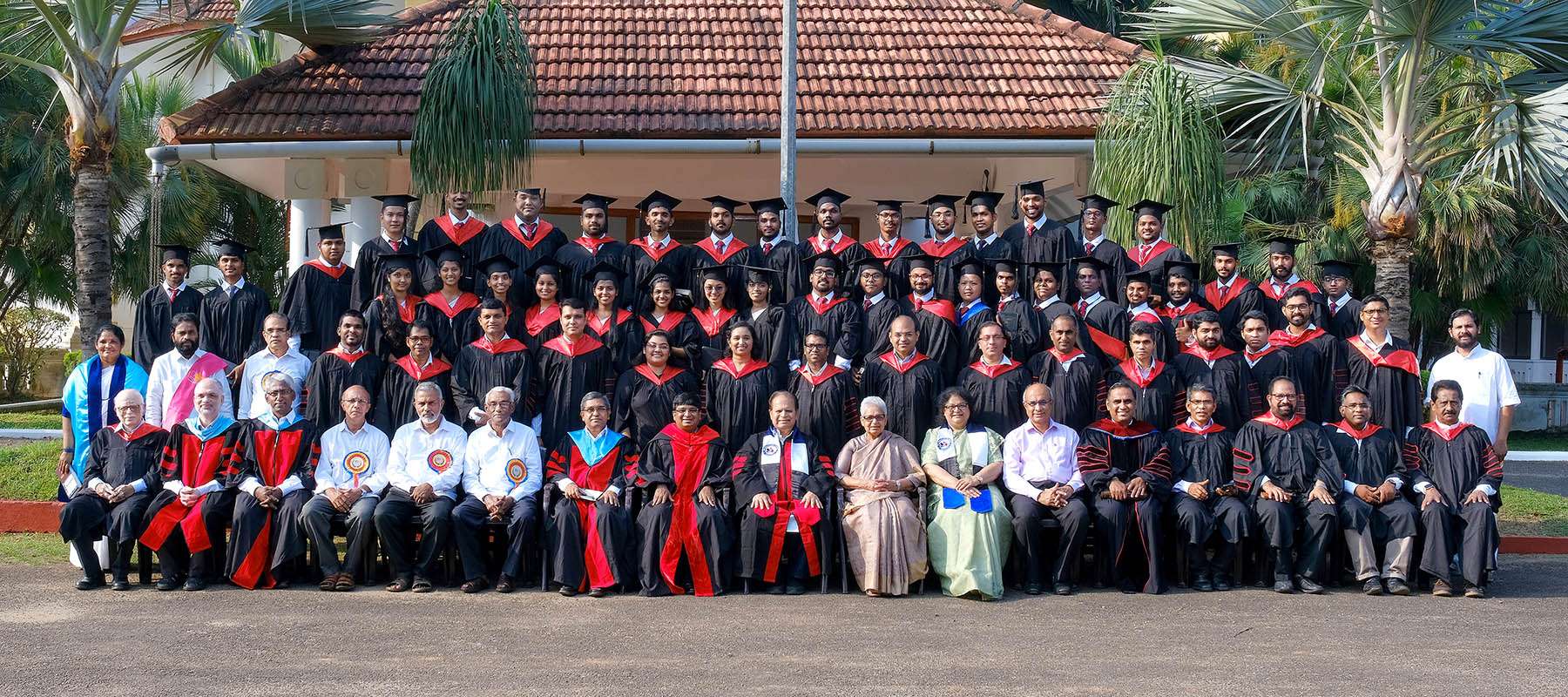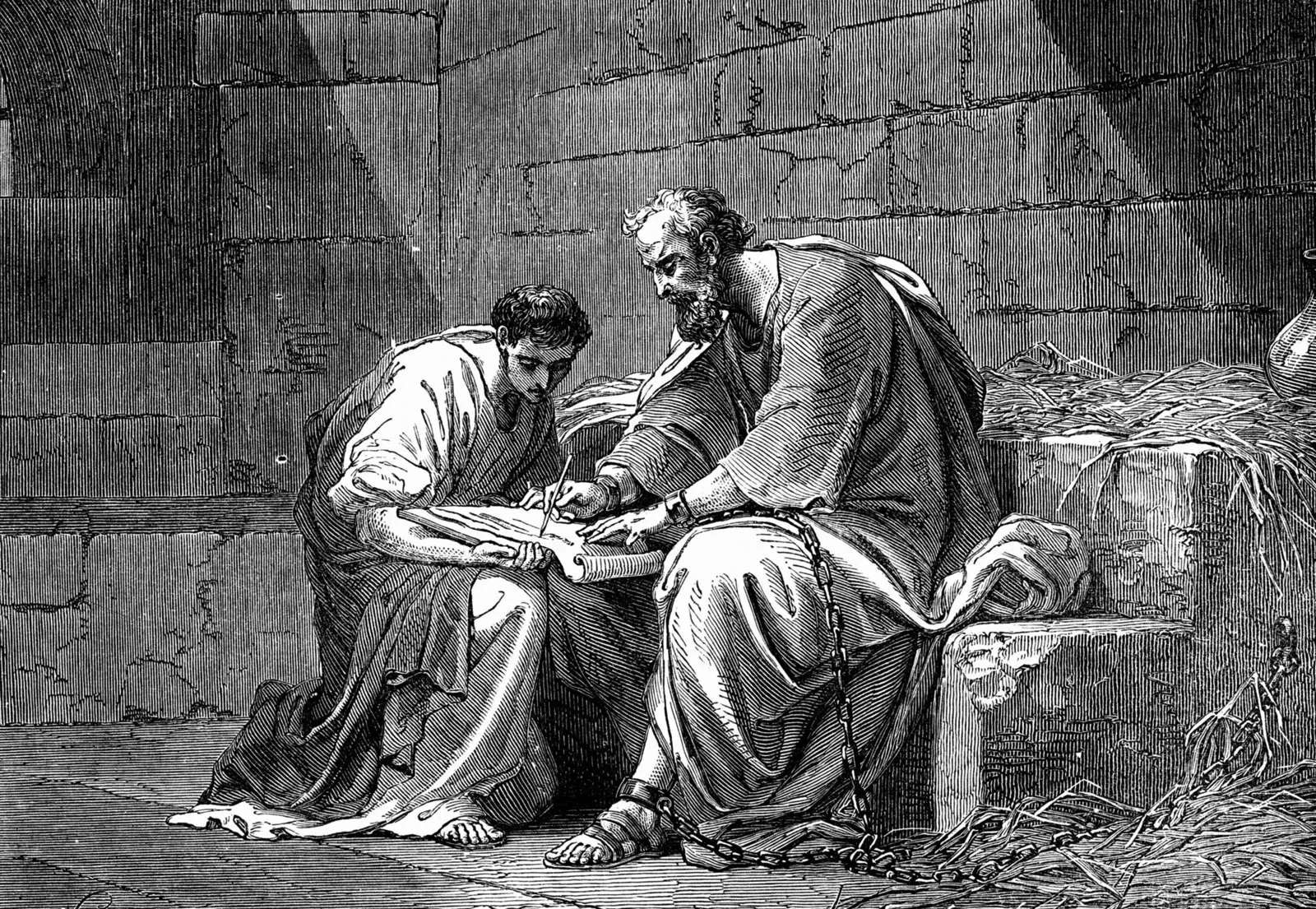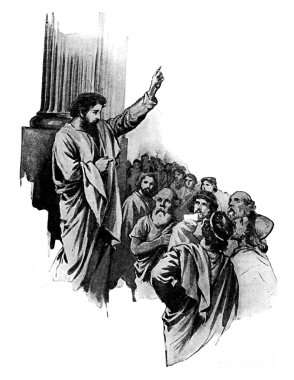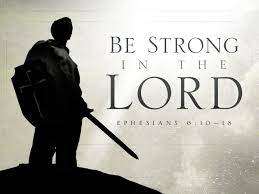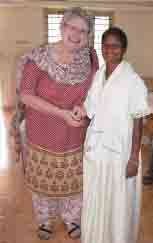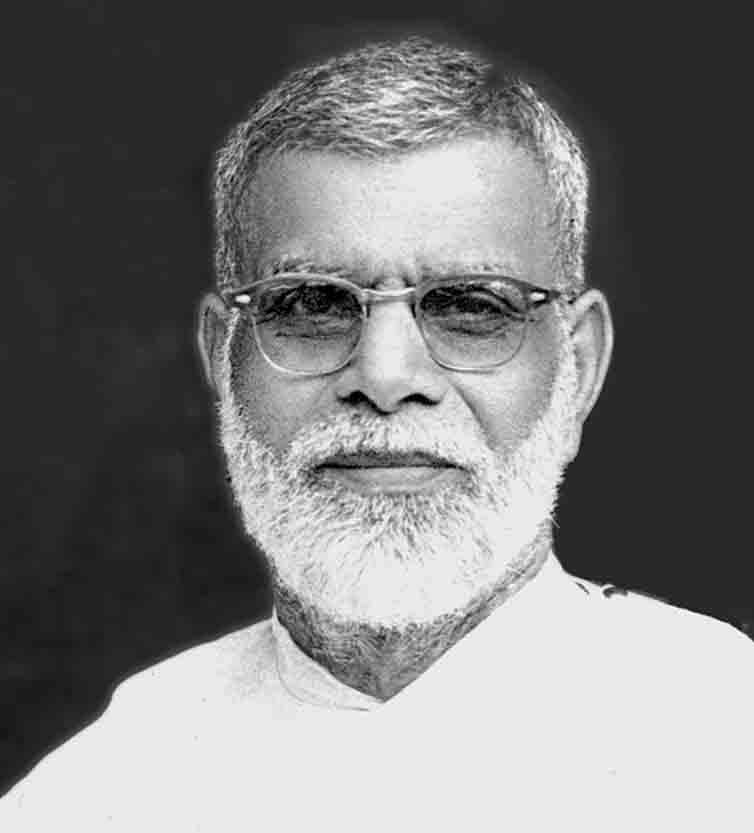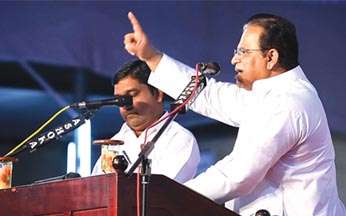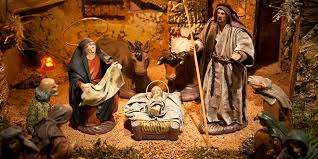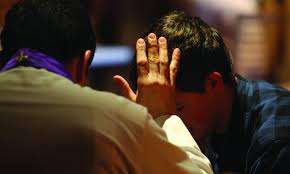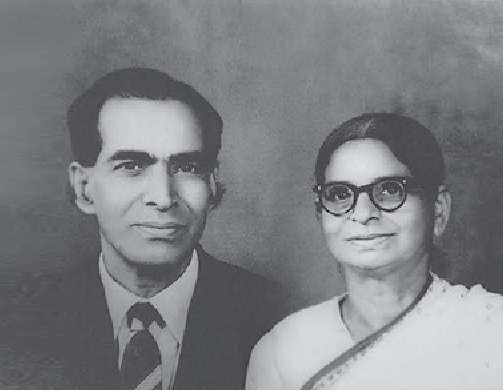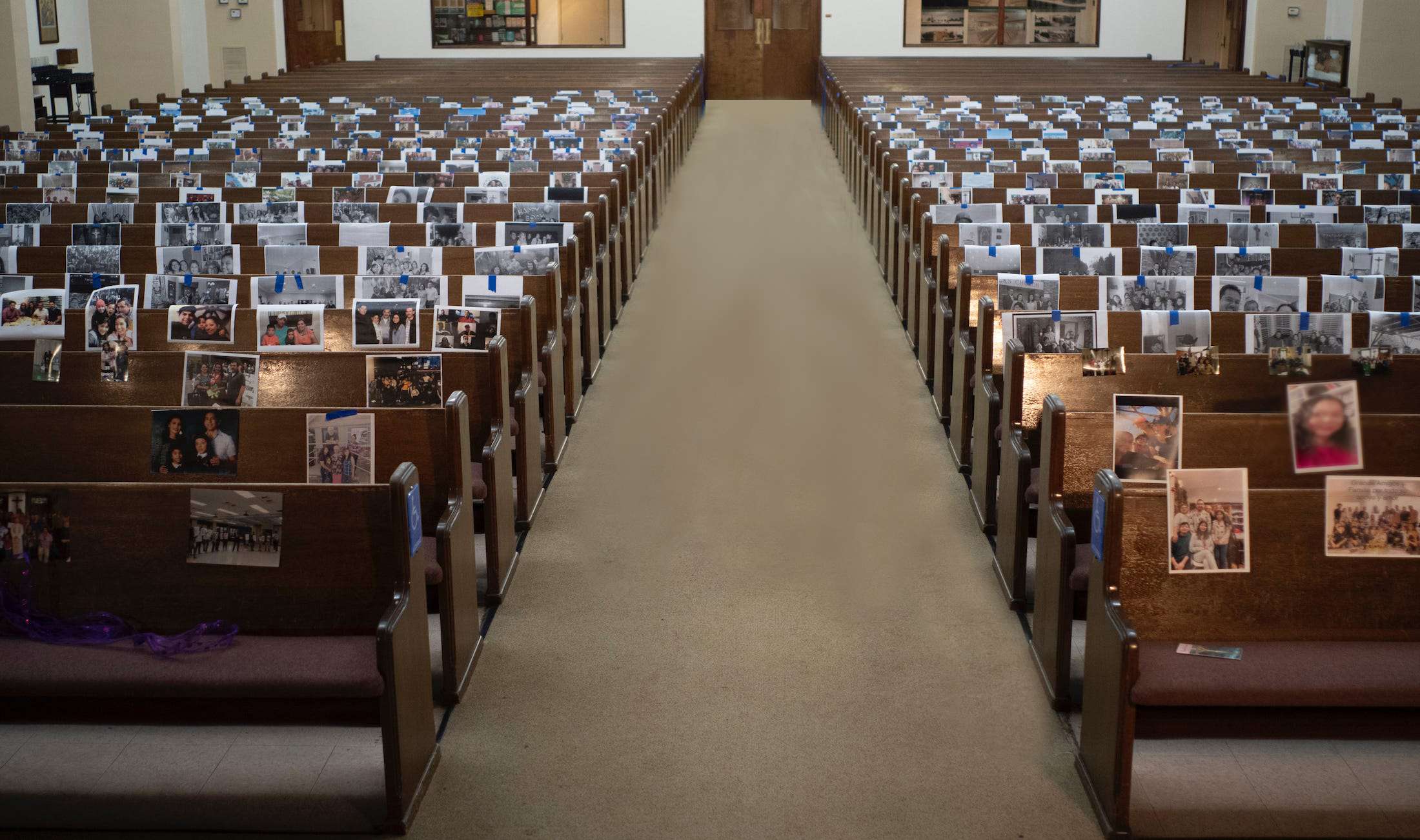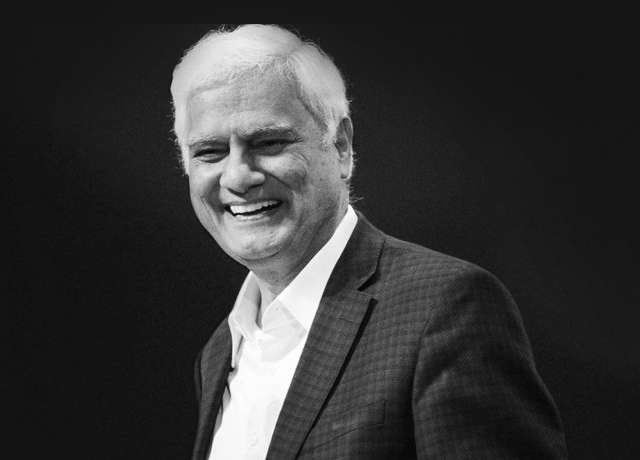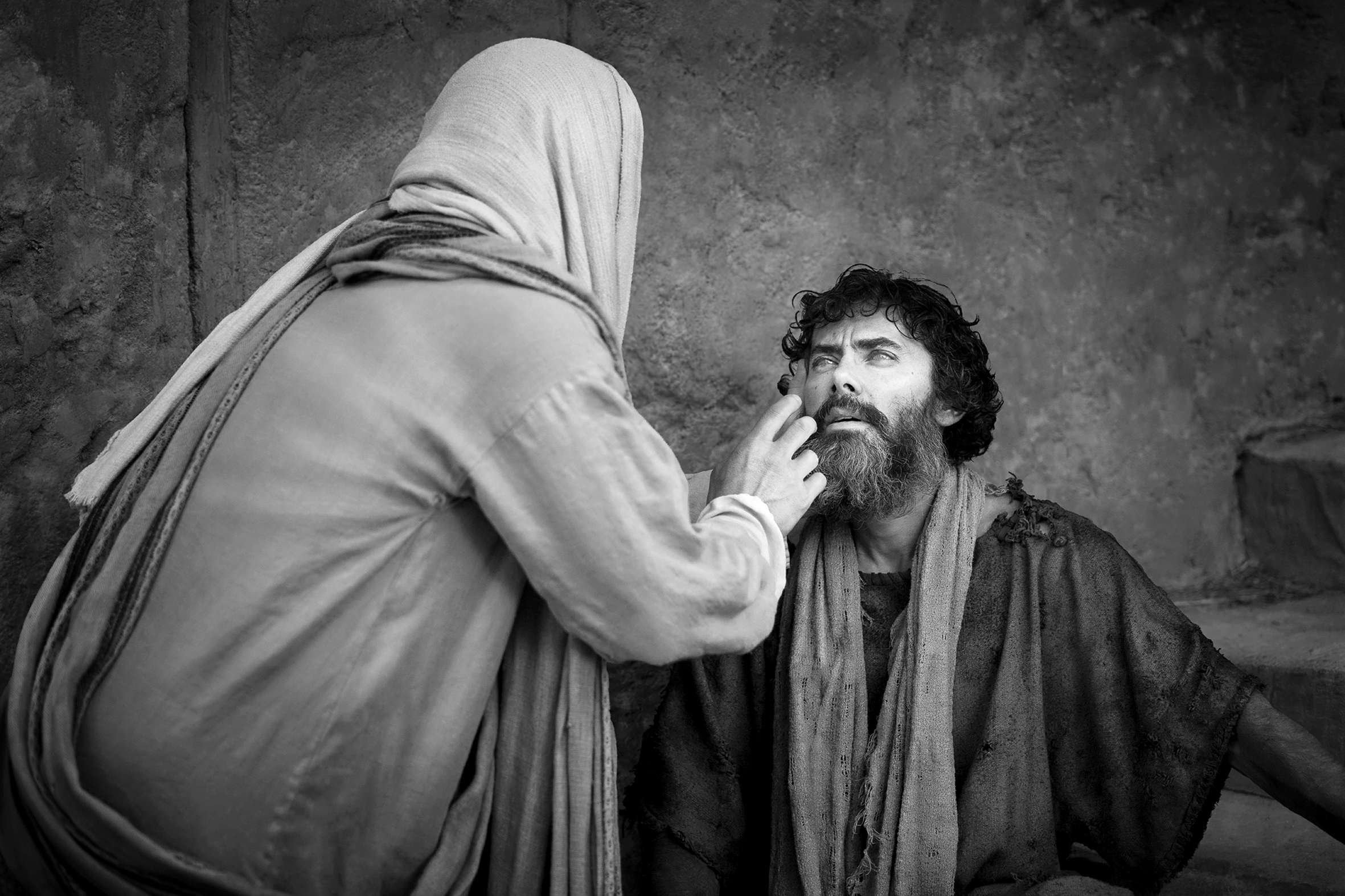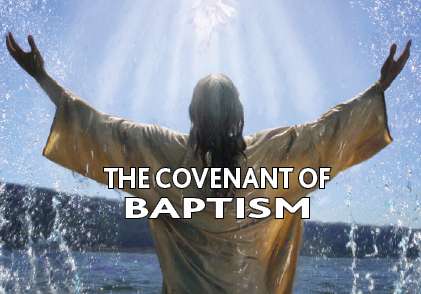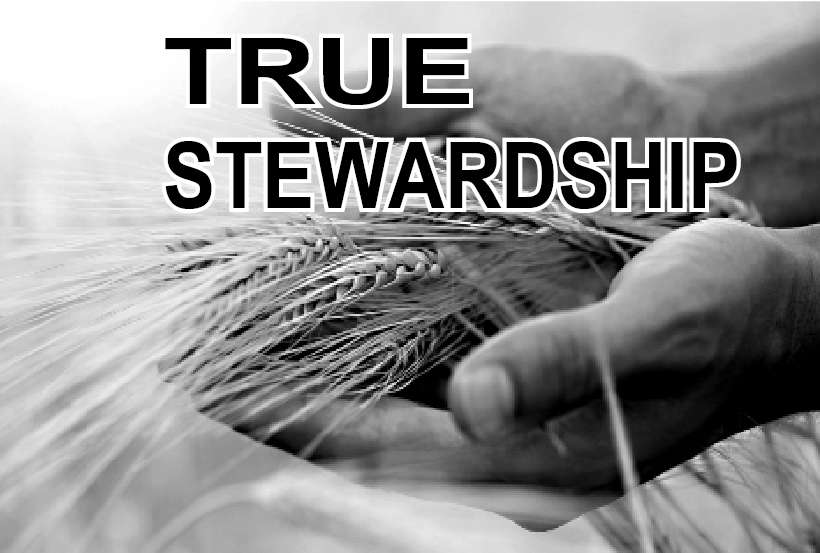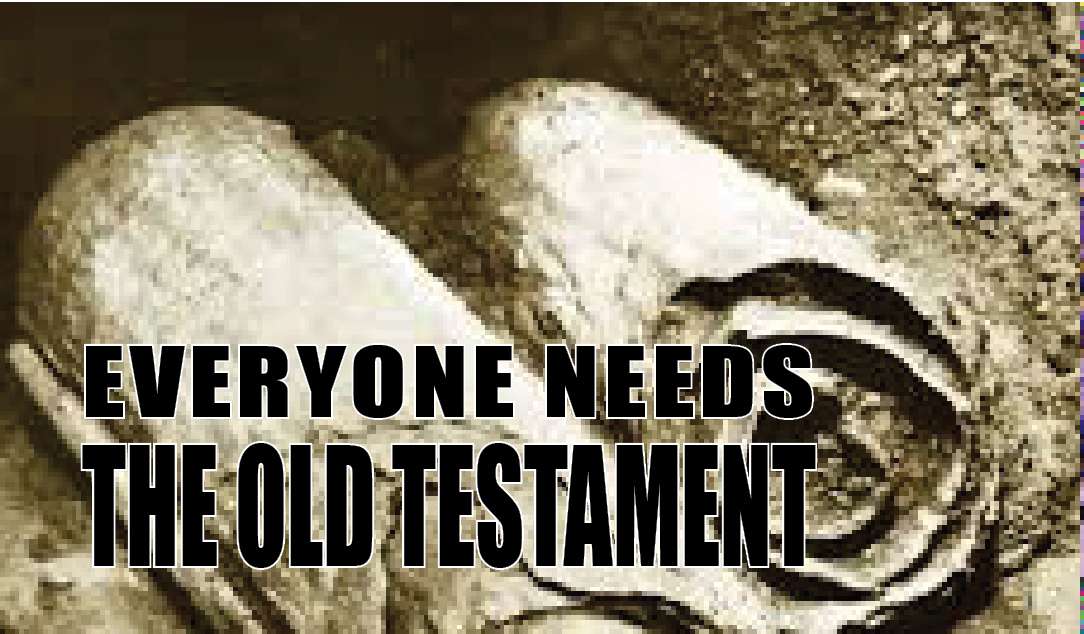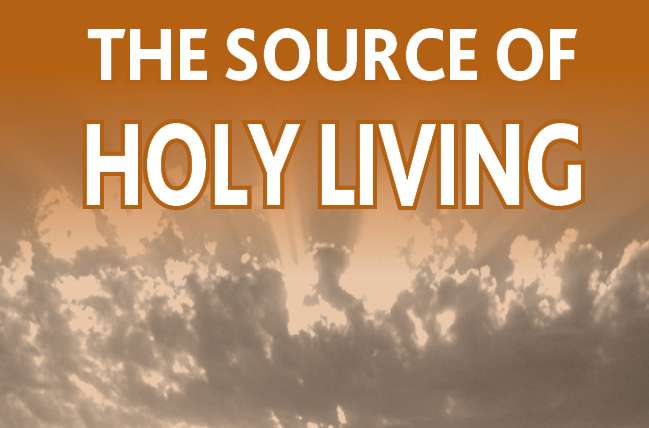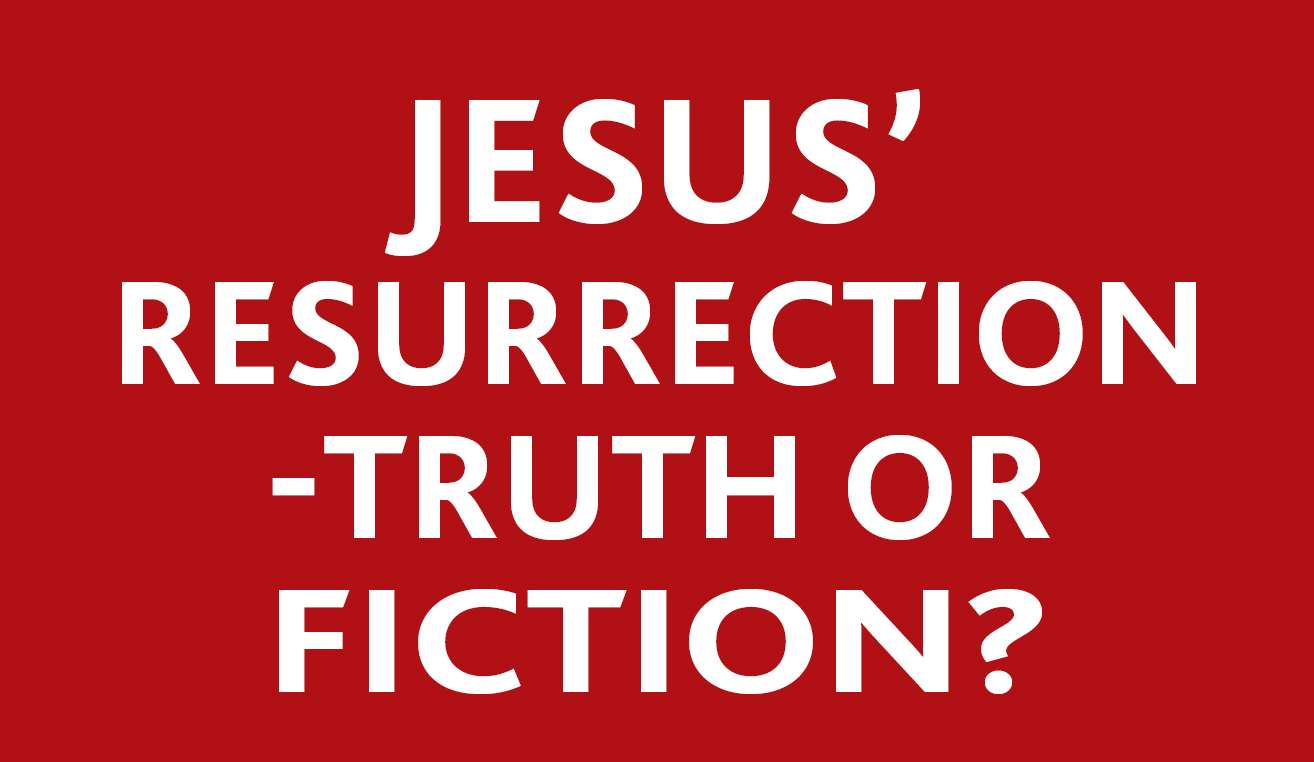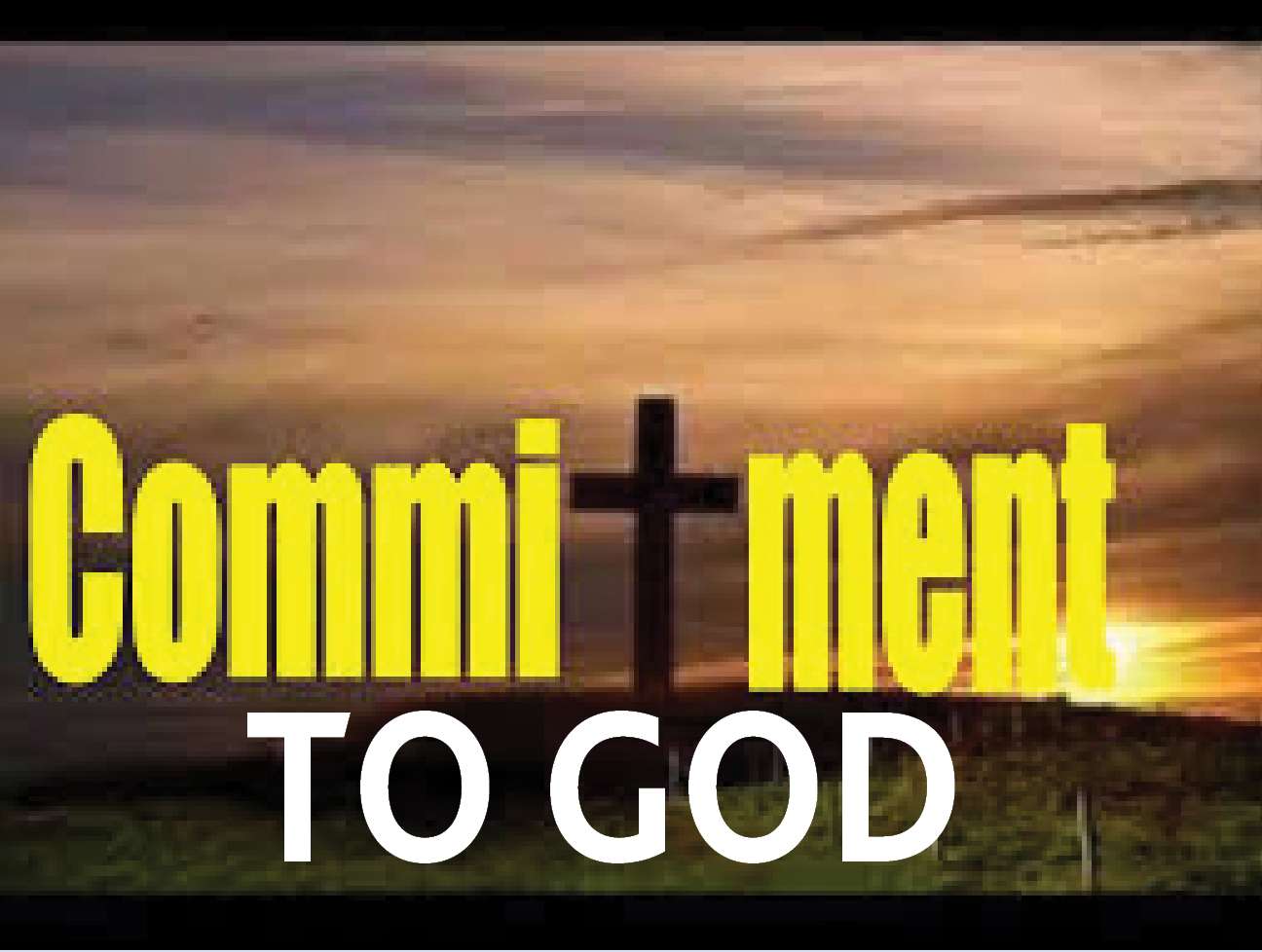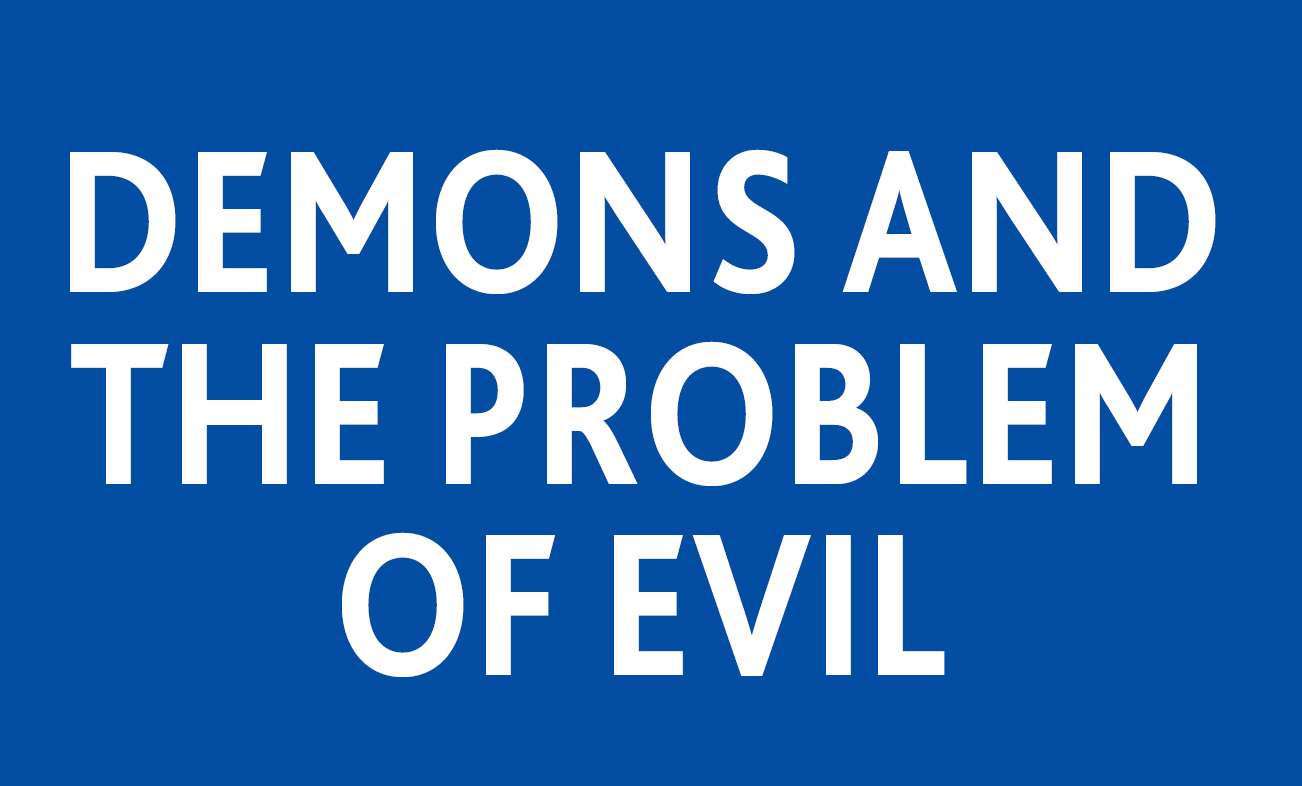

ELEMENTS OF EFFECTIVE WITNESS
Dr. Valson Abraham
Three years before he became President of the United States, Abraham Lincoln, was a lawyer, called upon to defend an old family friend accused of murder. The murder took place at night, and a key witness strongly testified that he saw the defendant kill the man “by the light of the full moon.” This seemed compelling evidence to many.
However, during cross-examination, Lincoln forcefully used a simple almanac to prove that on the night of the murder, there was no full moon. Very simply, the accuser could not have seen what he claimed to see. The jury declared the defendant “not guilty.”
Today, we all stand accused by Satan of crimes against our Creator. His evidence against us appears not only compelling but overwhelming. There is no doubt that we all stand dreadfully guilty before God. But through Jesus Christ, God has evidence on our behalf that saves us from our clever arch-accuser, Satan.
Before He ascended into heaven, Jesus told His disciples that they would become His witnesses to His power to save all who believe in Him from the power of sin and from Satan, and that their witness would carry them to the ends of the earth (Acts 1:8).
What kind of compelling “witness” did Jesus have in mind? How effective is our own “witness”?
The Greek word for “witness” used by Luke has more than one meaning. First, a “witness” is one who speaks from first-hand experience about actions in which he participates. Specifically, this “witness” means our testimony to others of our relationship with Jesus Christ and what God has done in our own lives to save us from our sins, make us part of His kingdom, transform us and prepare us for our eternal destiny.
Second, a “witness” is one who makes an evangelistic confession of specific truths. In Luke 24, Jesus said that this “witness” must include the truths involving His suffering and death on the cross and his resurrection on the third day—the key to our salvation. Our “witness” must declare the need for repentance from sin to receive forgiveness and reconciliation with God.
Third, Luke tells us that Jesus sent His disciples forth on their mission as “witnesses” with the promise of His Father and the power of the Holy Spirit. In other words, an effective witness depends upon trust in the word of God to empower us and bless our witness in great and marvelous ways.
Fourth, before He left them, Jesus also grounded their “witness” firmly in the scriptures. He systematically showed them how the entire Old Testament—“the law of Moses, the Prophets and the Psalms”—was the foundation for His saving life, death and resurrection.
In short, effective “witness” comprises four major elements for compelling communication of the gospel to others: (1) personal experience, (2) clear evangelistic confession, (3) trust in Holy Spirit power and (4) solid biblical foundations. If one or more of these elements is lacking, our “witness” suffers, and a needy world fails to hear the Good News and escape Satan’s grave accusations against them.
Another important thing to keep in mind…
In the Greek New Testament, the word for “witness” is also the root word for “martyr.” When Jesus tells His disciples, “You shall be my witnesses…,” He is also saying, “You will lay down your lives for My sake.”
This does not mean that we must seek martyrdom to become a “witness” for Christ. But it requires that we count the cost of discipleship. We must see ourselves as soldiers for Christ. When a new recruit takes his oath of loyalty, he gives his superiors the right to send him anywhere, even into battles that require great risk to his life, from which he may not return.
To become a “witness” for Christ means that we serve a life bigger than this earthly life. The circumstances of our lives are short and uncertain. There are other things better and eternal, centered on Christ. A true “witness,” like Jesus, has compassion upon people and a world that wander like sheep without a shepherd. Whether in life or death, true witnesses trust Jesus to provide everything they need, to go wherever He says to go.
Jesus warns His “witnesses” that He may assign them to take the gospel as “sheep to wolves.” Many will gladly accept the Good News, but others will hate the “witness,” claim that he is destroying society and seek to defame him or her.
Like Jesus, witnesses may also have to stand before the authorities in trial for their faith. But their suffering will further the gospel, and the Holy Spirit will give them the words to say at the right time.
We are to become Christ’s witnesses with the perspective of Christ’s own suffering and of His Second Coming. We are to know that whatever suffering we face will bring glory to God, a great reward in heaven and ultimate judgment for those who persecute us. We are to know that even if we lose our lives, human power over us ends at death, but God’s power is eternal.
Grace is costly, Dietrich Bonhoeffer reminds us. The gift is free, but it costs our lives. Beware of “cheap grace,” he warns, “the grace that we [not God] bestow on ourselves…forgiveness without repentance…baptism without discipline, communion without confession.”
“Costly grace,” he goes on, “costs a man his life, and it is grace because it gives a man the only true life.”
Dietrich Bonhoeffer knew what he was talking about. God called him as a witness to serve Him in Nazi Germany—a place unfriendly to the gospel. He became a leader of the Confessing Church when other German churches were giving in to Hitler. His friends wanted to save him by bringing him to America, but after a few months, Bonhoeffer knew he must return to the place God called him.
Bonhoeffer indeed paid with his life, but he became the ultimate winner. Days after his death, Hitler went down to total defeat—and suicide. Bonhoeffer’s witness continues throughout the world in his writings and his example of commitment to Jesus Christ.
We can tell how well we are doing as “witnesses” by whether the state of our society is becoming either more or less committed to Jesus Christ. Too often, we must admit, our words and actions have denied Jesus. Too often, we have played the coward, fleeing from opportunities and hiding from the opposition.
When we share our faith with others, we can expect only three results.
1. We can see someone come to Christ.
2. We can plant a seed.
3. We can be rejected.
Most people are afraid of rejection and therefore say little or nothing. We need to overcome our fear of rejection and ask ourselves honestly what we fear. 1 Peter 4:14 says, “If you are insulted because of the name of Christ, you are blessed, for the Spirit of glory rests upon you.”
Basically, God says, do not fear rejection, fear silence. That becomes easier when we understand the price Jesus paid for our salvation. To become an effective witness, we must discover the “why” of the cross, not just the fact of the cross. We must allow the cross to help us overcome our own sense of guilt, our own sense of hopelessness in the face of our own sin.
According to Romans 5:8, God demonstrated his love toward us that when we were still sinners, Christ died for us. We must see ourselves as the people for whom Jesus made his great sacrifice.
Let us not become discouraged at our failures, our own silence and fear of rejection. Let us remember that in the beginning, Jesus’ own disciples also failed miserably. After boasting that they would stand faithful, disciple like Peter, denied Jesus with curses or fled from those who came to seize Jesus. After Jesus’ death on the cross, they hid like cowards behind locked doors.
The ultimate success of the disciples’ witness followed their own abject denials and cowardice. They saw their risen Lord and repented. A few days later, they received the power of the Holy Spirit, and boldly preached the gospel. In just one day, 3,000 people put their faith in Jesus Christ. In the end, the disciples fulfilled the words of Jesus, boldly witnessing to the power of the gospel “in Jerusalem, in Samaria and in the uttermost parts of the earth.”
Let us confess our own failures as effective witnesses, and let us heed the disciples’ example of repentance, for God’s forgiveness and renewal is the same yesterday, today and forever. Then we will also experience a successful witness for Christ.
Let us remember Christ’s costly sacrifice and His triumphant resurrection. Let us count the cost of discipleship and commit ourselves to effective witness however and wherever Christ calls us.
Father God, make me an effective witness for the gospel. I confess my failures at being an effective witness for you, and I humbly ask you forgive and renew me to become your witness even as you empowered your early disciples. In Jesus’ Name. Amen.

